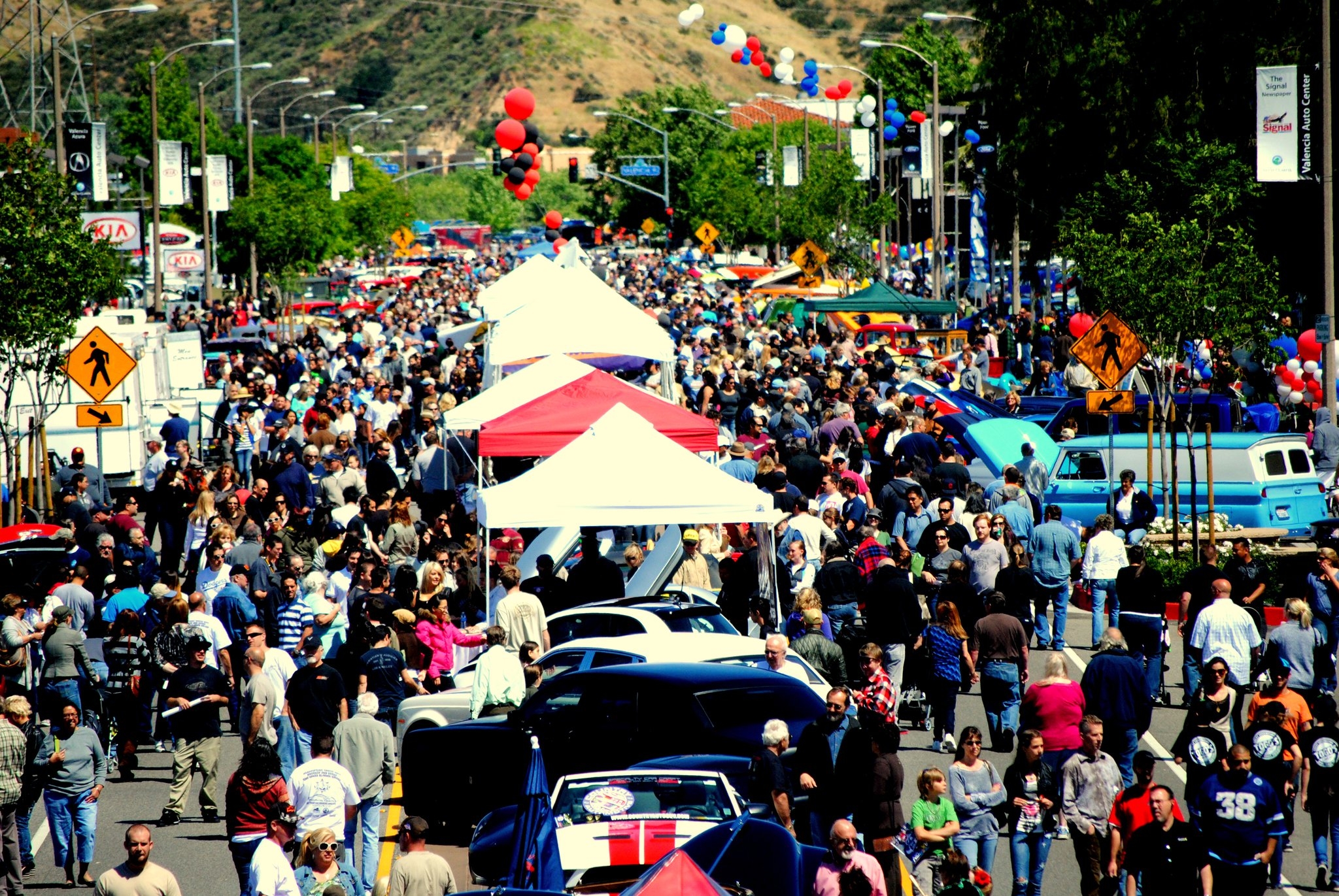As the food-truck trend continues to grow, cities across the country are struggling to develop regulations that treat the restaurants-on-wheels and their brick-and-mortar counterparts fairly.
Food trucks are one of the fastest-growing sectors of the restaurant industry, with sales of almost $700 million in 2013, according to the National Restaurant Association.
Proponents say they provide affordable, diverse and easily accessible cuisine to consumers. But opponents say they pose a threat to long-established restaurants.
“There’s a lot of confusion,” said Matt Geller, CEO of the National Food Truck Association and the Southern California Mobile Vendors Association.
It’s a scene being played out across the country, as municipalities attempt to address the question of where and for how long food trucks can park – without negatively affecting other businesses in the area.
In Palm Springs, Calif., officials chose this week to table a decision on how to regulate food trucks in their city and instead extended a ban against them for another year, citing a need to get more input from stakeholders and look at additional safety provisions.
“The county just changed the law so that they’re allowed on public streets, but cities can regulate it,” Palm Springs City Manager David Ready said. “They are allowed (on private property) and will be allowed (on public property), we just have to come up with a set-up that regulates where they can be.”
But the ban puts the city in conflict with state law that allows food trucks on public property right now, Geller said.
“They’re trying to supersede state law,” said Geller. “If I were so inclined, that wouldn’t be a hard lawsuit.”
Find the entire article at usatoday.com <here>




